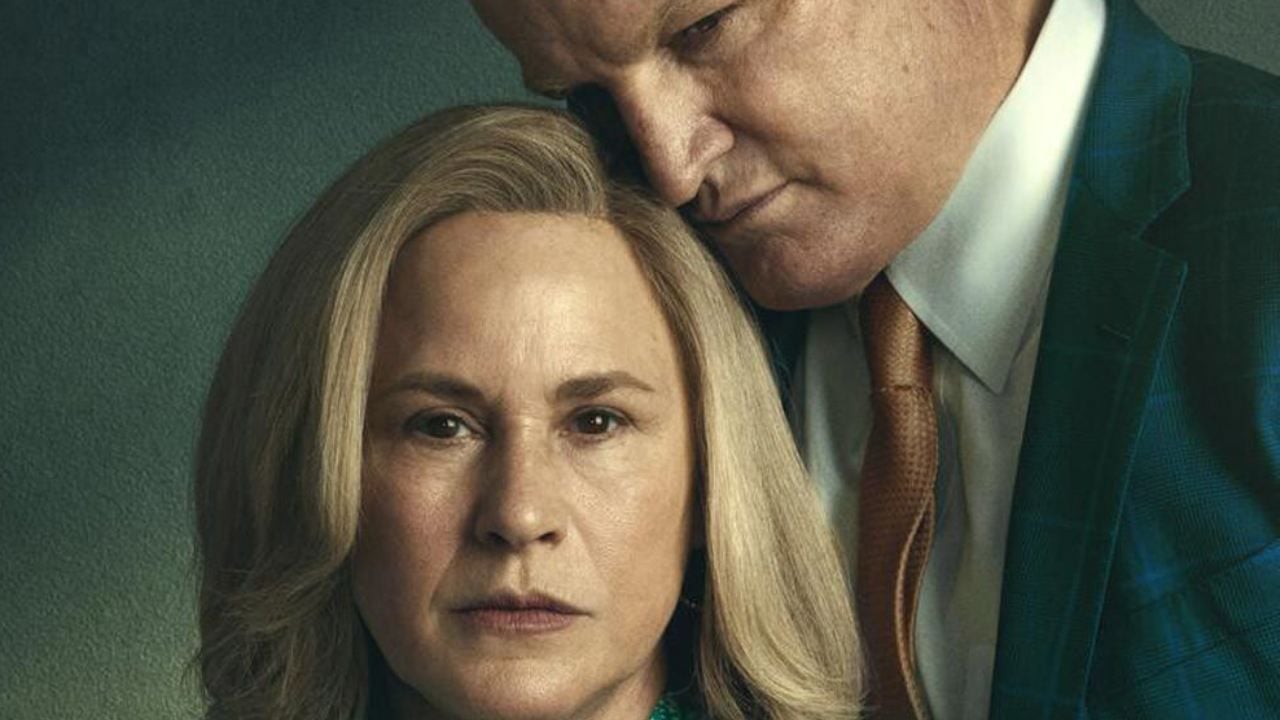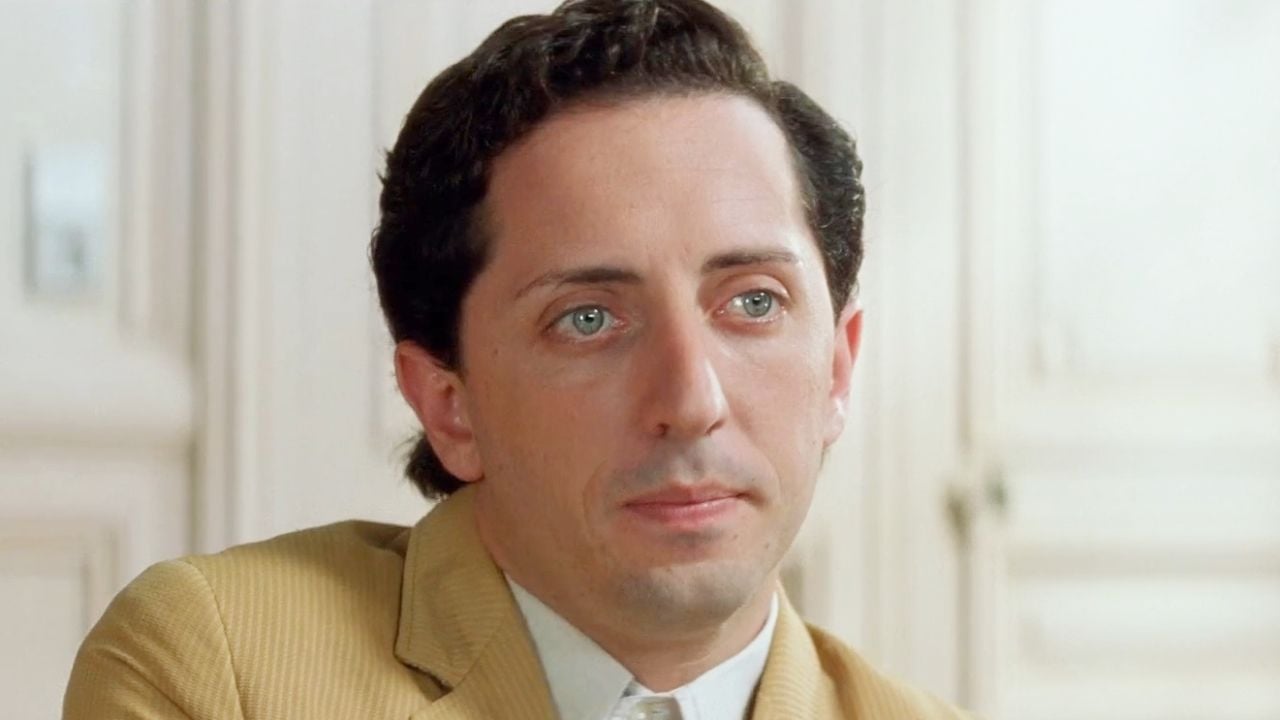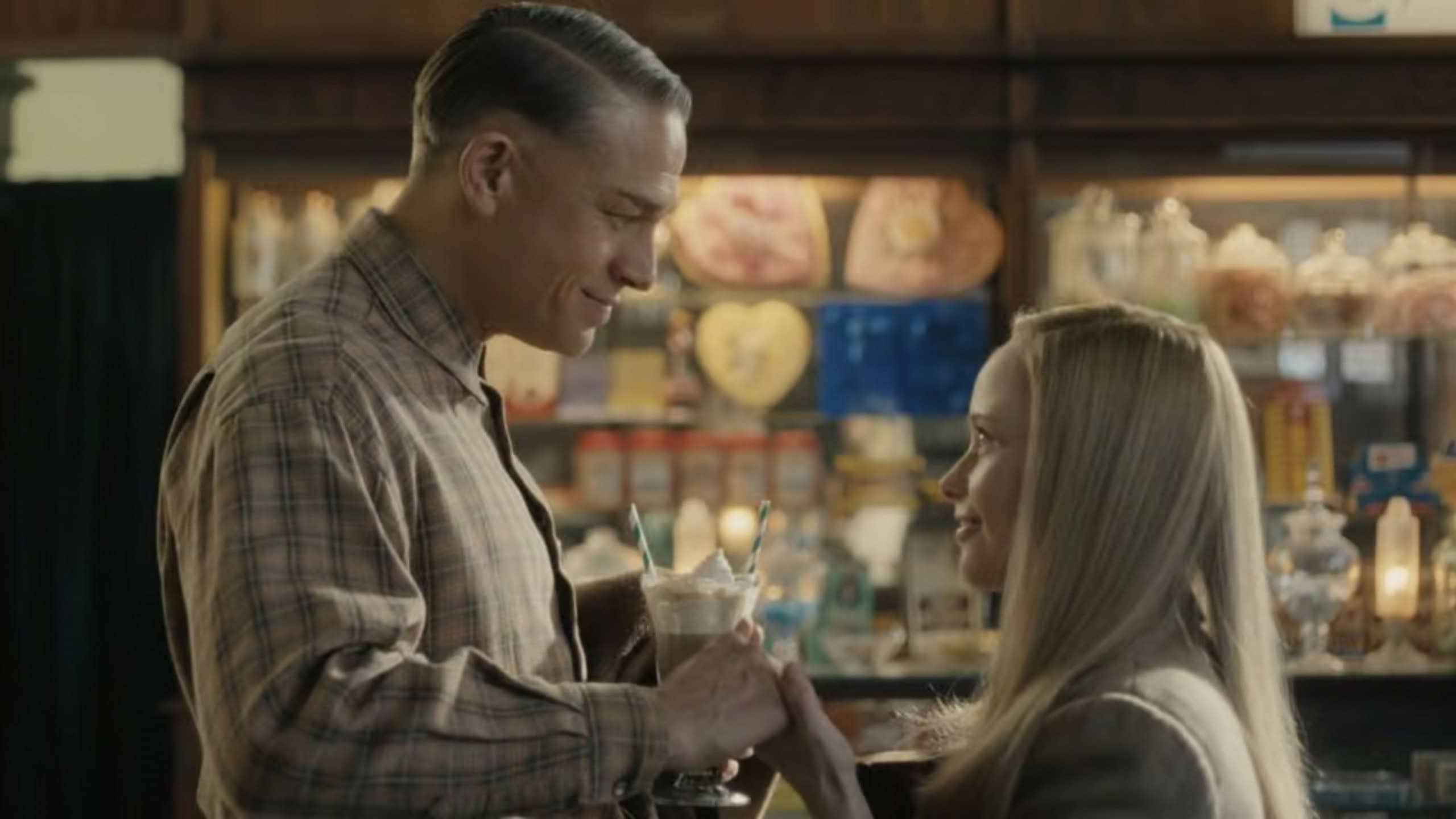Don’t understand why you take good care of your hair, but it always stays dry and dull? It may be hard water.
Let’s start with the main thing – with the fact that it is usually hard water. This is considered H2O with a high salt content. There is temporary hardness caused by calcium and magnesium bicarbonates, which can be removed by boiling, and permanent hardness caused by calcium and magnesium sulphates and chlorides – it does not change with exposure to temperature .
How does hard water affect hair?
When you wash your hair with hard water, an excessive amount of minerals build up on the scalp and strands, and here are the “side effects” it causes.
Hard water dries out hair
Calcium and magnesium block moisture – water molecules cannot penetrate either the skin or the hair – because of this, the strands begin to split and break, and even stop shining.
Hard water weighs hair down
Minerals settle on the curls and the effect will be cumulative – with each wash the film will become thicker. The result is a dull, fluffy color and an everlasting tangle of strands.
Hard water will wash out the color
If you dye your hair, hard water will prevent you from retaining the color between visits to the salon – the plaque that forms on it quickly destroys the result that the master managed to achieve.
ADVERTISEMENT – CONTINUED BELOW
Hard water causes itching
Instead of cleaning the skin, hard water leaves a film on it – over time, mineral deposits can lead to dry, itchy, irritated and flaky scalps.
How do you know if hard water is damaging your hair?
To do this, as a rule, it is enough to run your hand over freshly washed strands – they will feel rough to the touch, and brunettes may even notice a white coating on the curls that cannot be washed off.
Also, hard water can be calculated by other signs: for example, after boiling it, plaque remains on the walls of the jars, white streaks on clothes after washing, and a film at the surface of the brewed tea.
And finally, think about it: has your hair texture changed despite using the same products? If so, a layer of salts probably built up on them – that’s why they started to get worse.
How to protect hair from hard water?
Here are some ways to help you.
Get a showerhead
Installing this filter is very simple and, according to dermatologist Rebecca Marcus, MD, it is the best way to get rid of the “special effects” caused by hard water. Catch a bonus: it will help to improve the condition not only of the hair, but also of the skin.
Use a deep cleansing shampoo
In case a shower filter isn’t the answer, Rebecca recommends using a deep cleansing shampoo once or twice a week to help remove salt deposits from your hair and scalp.
Rinse your hair with vinegar
As Dr. Marcus explains, it is excellent for demineralizing hair. To do this, dilute one-third cup of 9% apple cider vinegar in three cups of water and rinse your head with the solution after washing out the shampoo.
Read also: You ruined everything! 5 annoying mistakes that cause split ends
Source: The Voice Mag
I am Amanda Gans, a motivated and ambitious professional in the news writing industry. With over five years of experience in this field, I have developed an eye for detail and an ability to craft stories that captivate readers. I currently write for Gossipify, where I specialize in beauty & celebrities news. My passion lies with exploring the world of beauty through writing, interviewing experts and developing articles that are both informative and entertaining.









